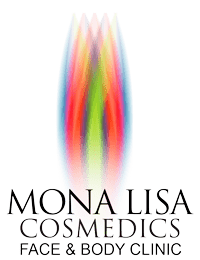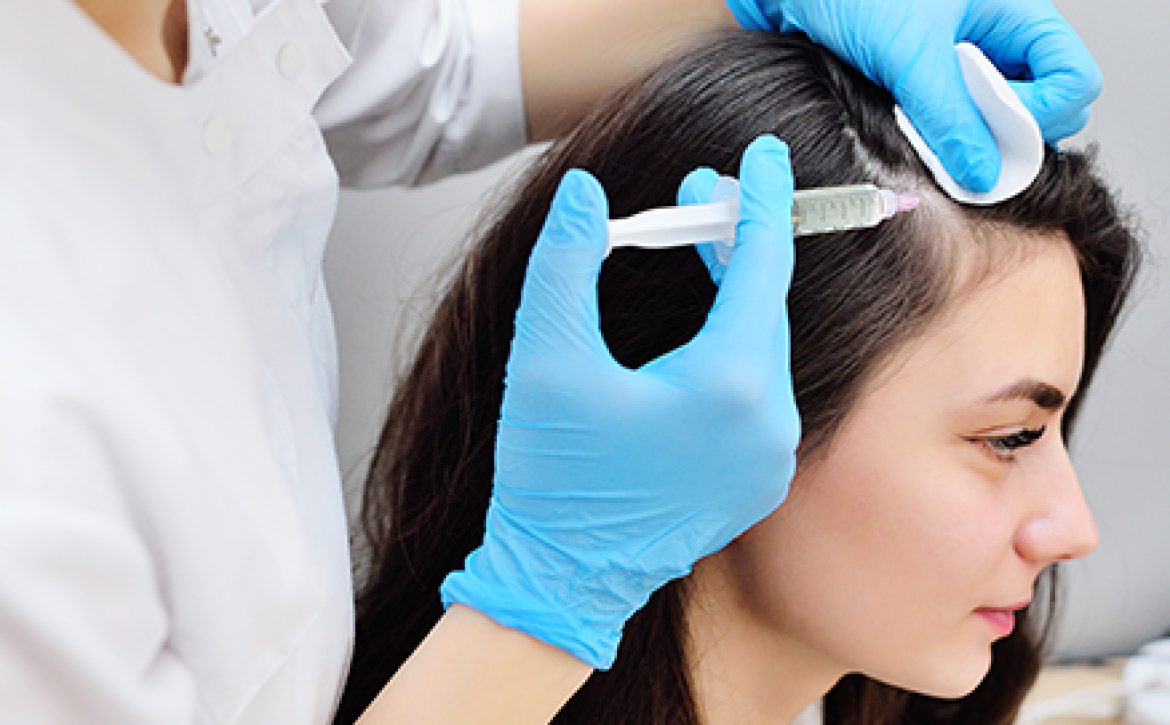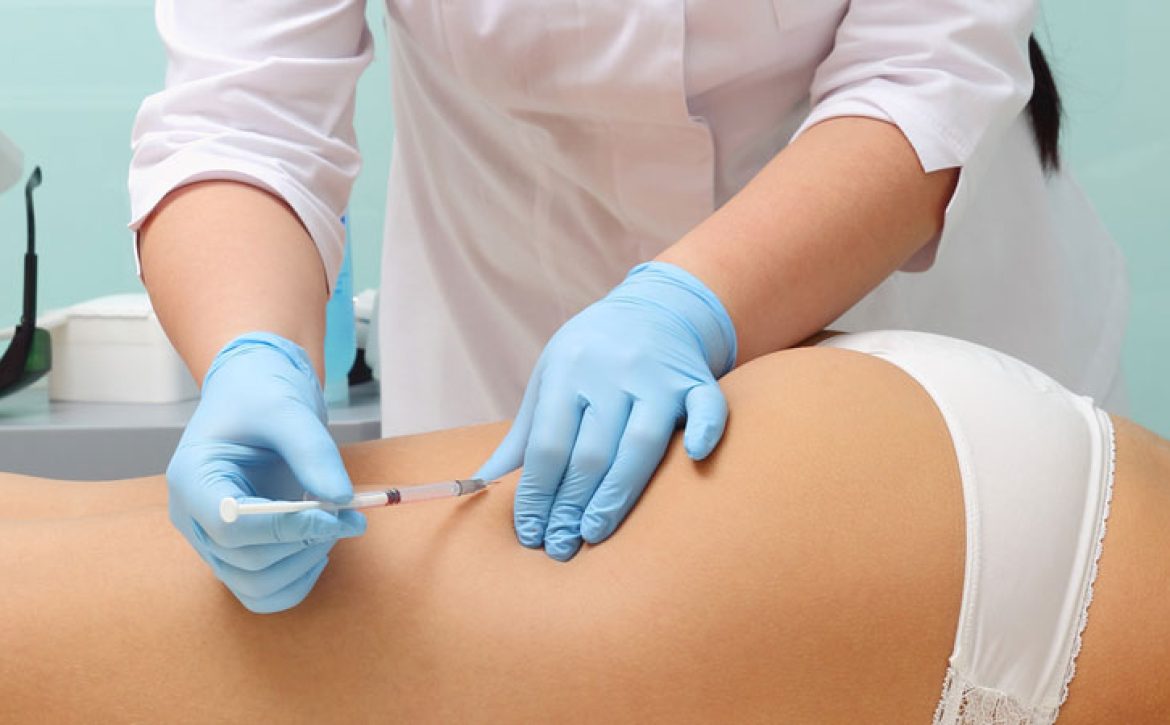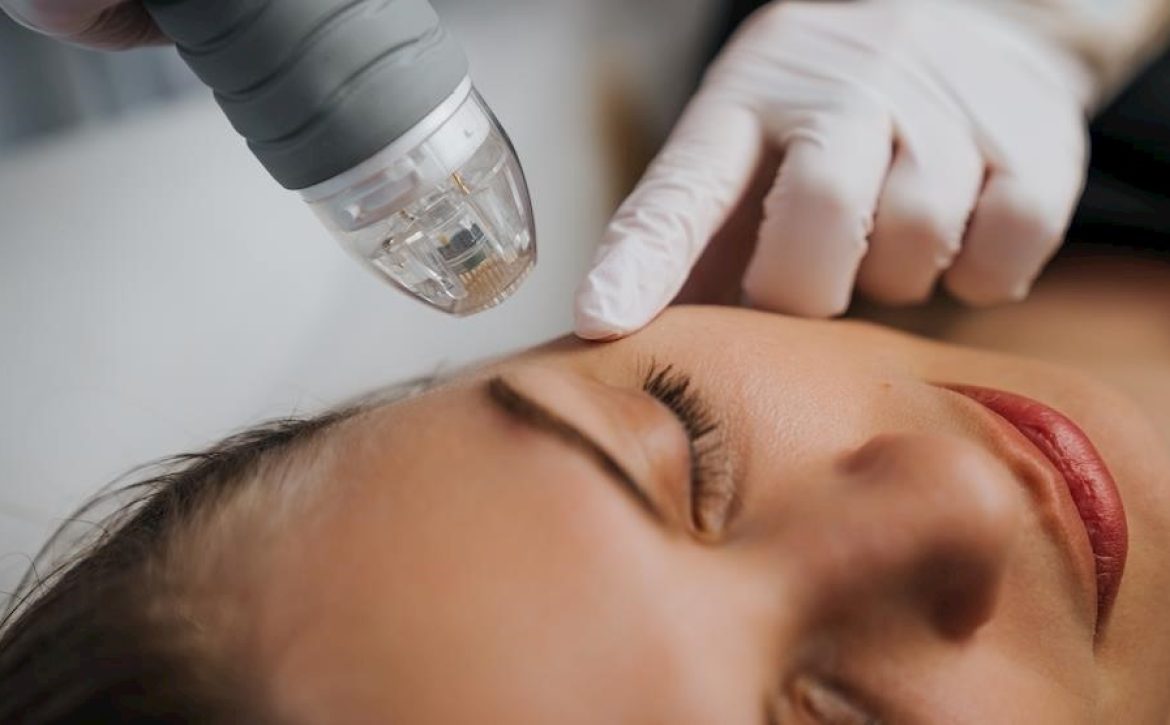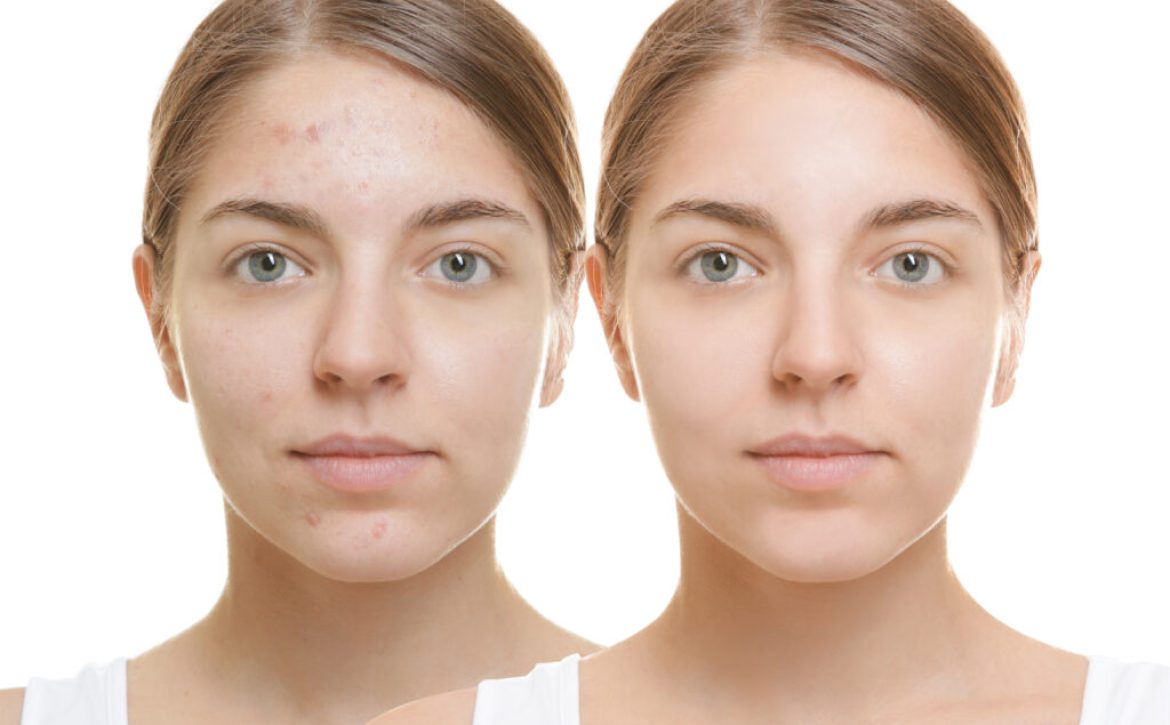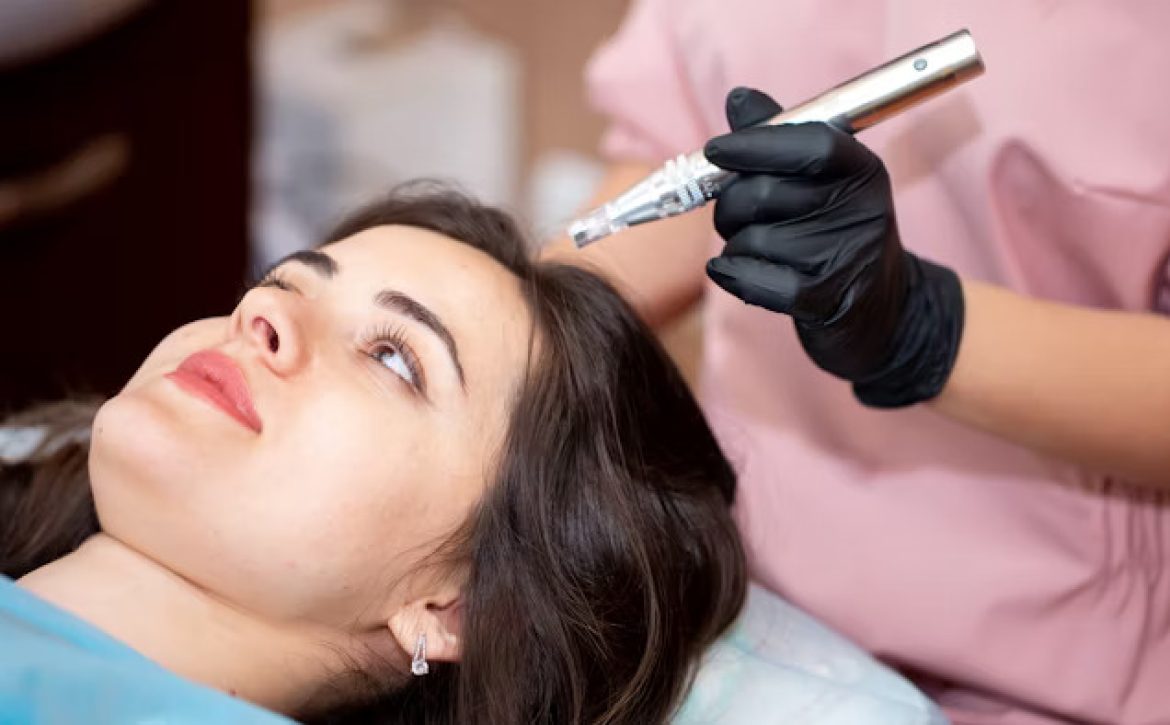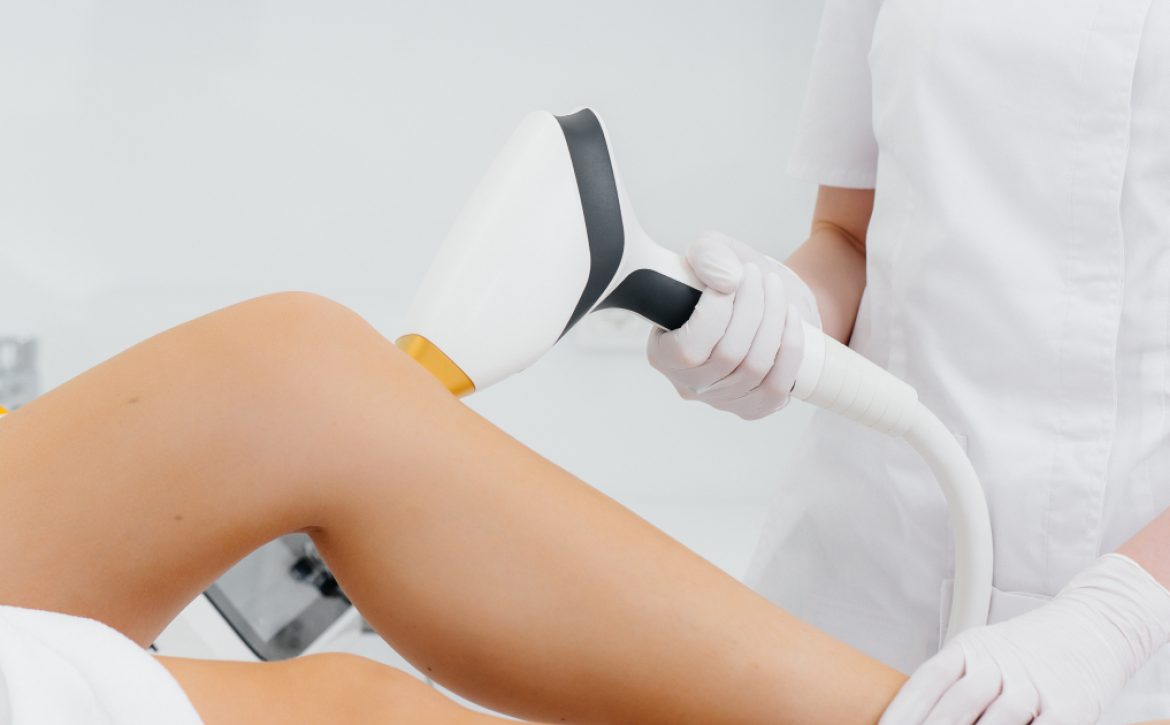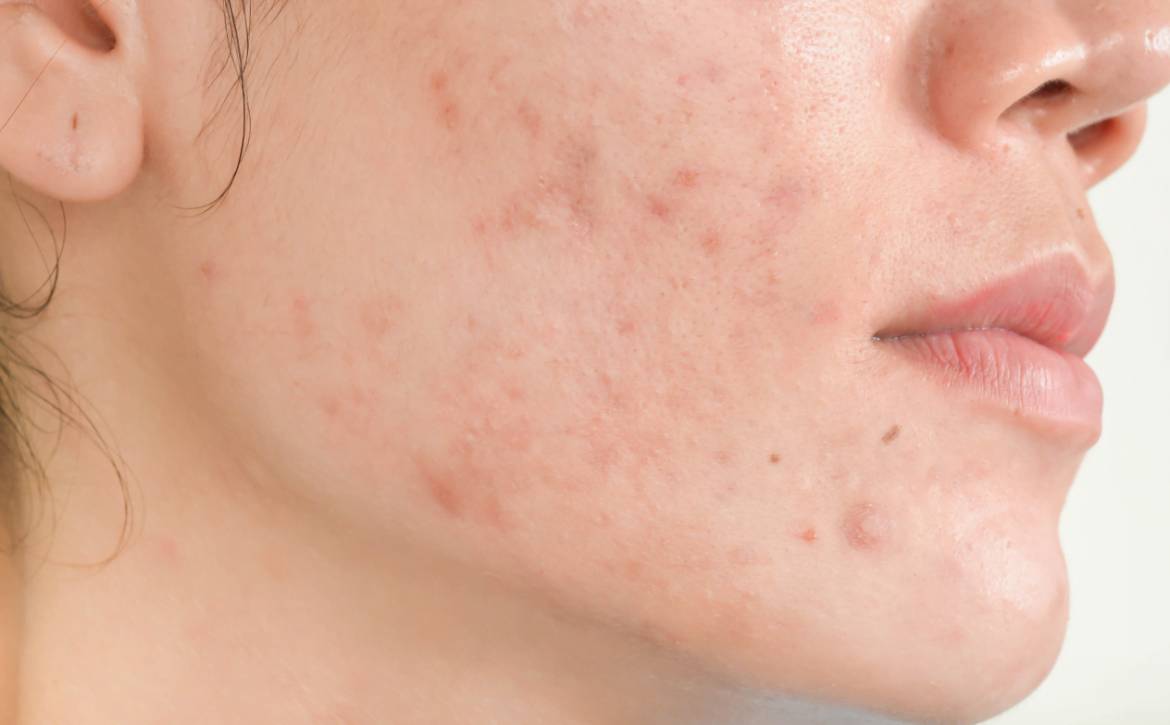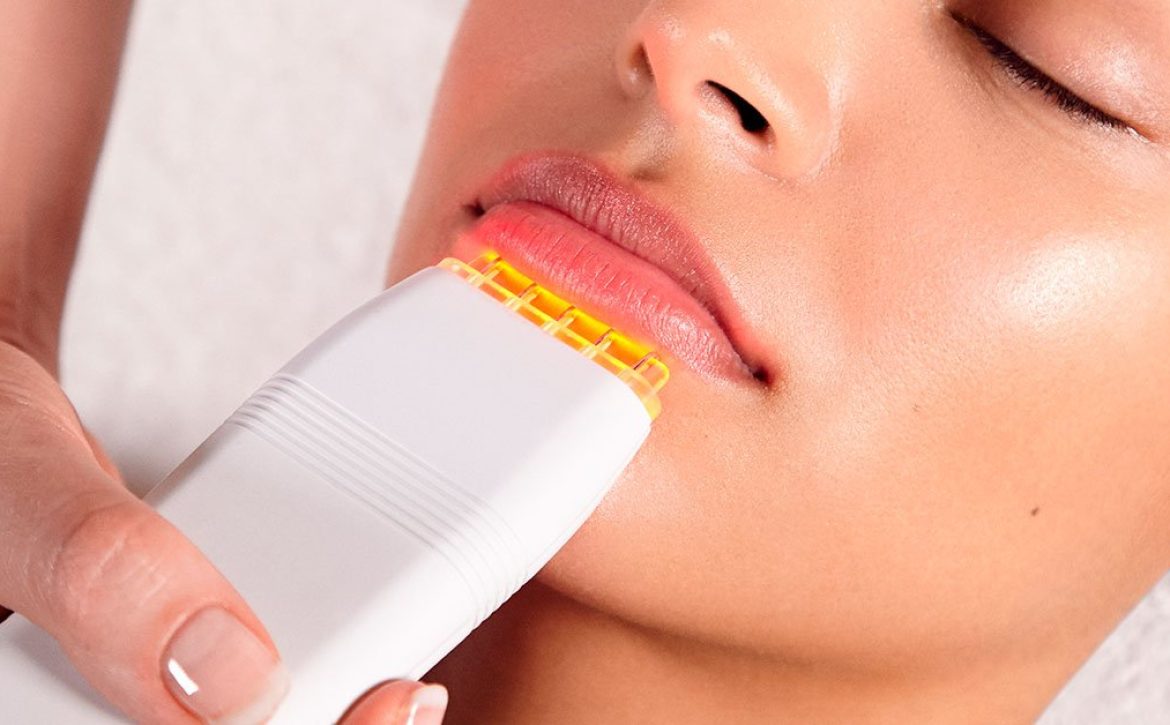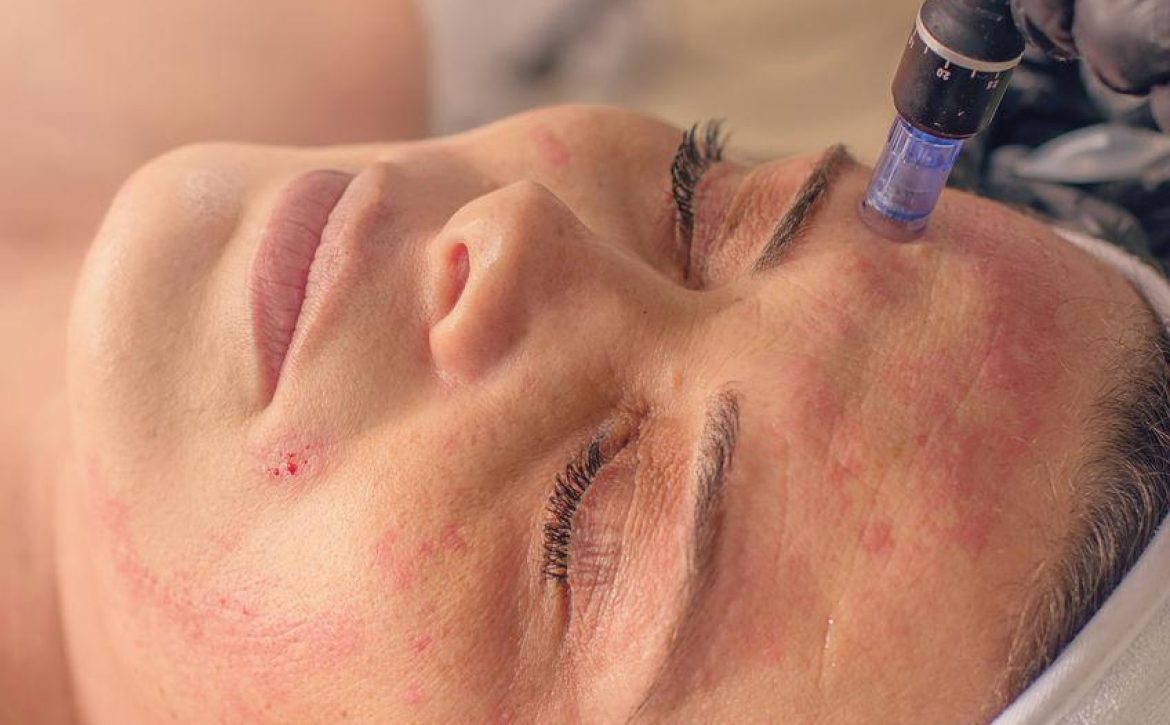PRP Therapy in Barnet: The Natural Way to Rejuvenate Skin and Hair
At Monalisa Cosmedics, located in the heart of Barnet, we offer an advanced and natural solution for clients looking to refresh their skin or restore hair growth — PRP Therapy (Platelet-Rich Plasma).
This scientifically proven, minimally invasive treatment uses your body’s own platelets to stimulate cell regeneration, boost collagen production, and improve the appearance of fine lines, acne scars, under-eye bags, and hair thinning.
What Is PRP and How Does It Work?
PRP therapy involves drawing a small amount of your blood, placing it into a centrifuge, and isolating the platelet-rich plasma — the part of your blood that contains powerful growth factors. These platelets are then re-injected into targeted areas of the face or scalp to naturally stimulate healing, regeneration, and new cell growth.
The result?
Firmer, smoother, more radiant skin — and for many, thicker, healthier hair.
What Can PRP Be Used to Treat?
PRP therapy is incredibly versatile and can be used to treat a range of concerns:
Skin Rejuvenation
- Fine lines and wrinkles
- Enlarged pores
- Dull or uneven skin tone
- Tired, crepey under-eye skin
Hair Loss & Thinning
- Receding hairlines
- General thinning on the scalp
- Patchy or weak growth
- Male and female pattern hair loss
Skin Repair
- Acne scars
- Stretch marks
- Sun-damaged skin
At Monalisa Cosmedics, we also offer PRP combined with microneedling for more dramatic skin tightening and rejuvenation.
What Makes PRP at Monalisa Cosmedics Different?
Unlike many high-street salons or basic PRP offerings, at Monalisa Cosmedics in Barnet, you’re in the hands of an experienced medical aesthetic practitioner:
- Sadaf holds a BSc in Microbiology, a Level 7 qualification in Clinical Aesthetics, and is a GDC-registered dental nurse with years of experience in aesthetic care.
- Treatments are performed in a sterile, clinical environment with high-quality PRP kits
- We personalise your PRP plan according to your skin condition, hair loss pattern, and treatment goals
This level of care ensures optimal safety, comfort, and visible results.
Why Choose Monalisa Cosmedics for PRP in Barnet?
Advanced PRP techniques tailored to skin and hair conditions
Fully qualified clinician with medical and aesthetics training
Safe, hygienic practice — CQC-aligned standards
Located conveniently in Barnet (EN5 1PX)
Affordable, transparent pricing and follow-up care
Whether you’re concerned about early signs of ageing, struggling with acne scarring, or looking for a natural way to support hair regrowth — PRP offers a powerful, long-lasting solution without surgery or synthetic products.
Final Thoughts
Start your journey towards natural rejuvenation with a professional consultation at Monalisa Cosmedics.
Call 020 8275 0853
Visit us at 83 Station Road, Barnet, EN5 1PX
